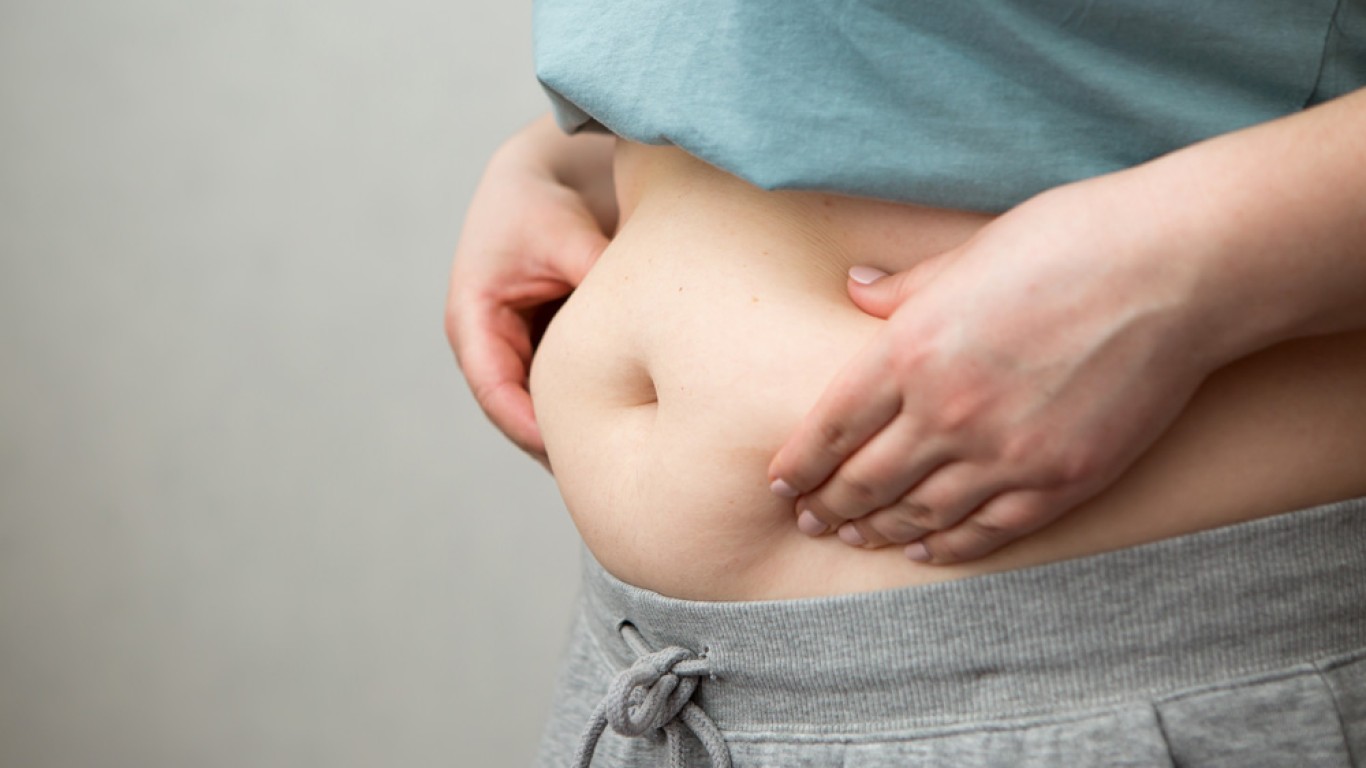Introduction
Swelling is a normal part of healing after any surgical procedure, including bariatric surgery. Although it’s temporary, managing it effectively can improve comfort and speed up recovery. With the right steps, you can reduce inflammation and support a smooth, stress-free healing journey. This guide offers practical advice on how to minimise Swelling after bariatric surgery. From movement and hydration to garments and nutrition, every detail matters in ensuring the best possible outcome.
Why Swelling Happens After Bariatric Surgery
Swelling occurs as part of your body’s natural response to tissue healing. Fluid builds up in the operated area as blood vessels dilate. Immune cells then seek to repair damage.
Specifically, laparoscopic incisions and internal adjustments cause local inflammation. Fluid retention is common due to the body’s stress response, medications, and limited early movement.
Although swelling is expected, there are proven methods to manage it effectively and minimise discomfort.
Start Moving as Soon as Possible
Gentle movement is one of the best ways to reduce swelling. Once your surgeon gives approval, begin walking.
Early movement helps:
- Stimulate circulation
- Prevent blood clots
- Move lymph fluid
- Speed up the body’s natural drainage
Start with short, slow walks around your home or hospital room. Gradually increase distance each day. Importantly, avoid high-intensity activity until cleared by your care team.
Stay Well Hydrated Every Day
Hydration supports healing and prevents fluid retention. Drinking enough water helps flush excess fluids and toxins.
Aim for at least 1.5 to 2 litres of water per day. Sip slowly and consistently, especially if your stomach volume is reduced.
Additionally, avoid sugary or carbonated drinks, which may worsen bloating. Herbal teas or electrolyte-enhanced water can also be helpful in moderation.
Wear Your Compression Garments as Directed
Many bariatric patients are advised to wear compression garments. These reduce swelling by applying gentle, consistent pressure.
Compression helps:
- Support incisions and surrounding tissues
- Prevent fluid buildup
- Improve comfort during movement
- Encourage even healing
Wear garments according to your clinic’s instructions. Remove them only when advised and keep them clean to prevent irritation.
Keep Your Head and Body Elevated When Resting
Elevating your upper body reduces fluid pooling and supports natural drainage. Use pillows or an adjustable bed to keep your torso slightly raised.
You should:
- Sleep at a 30–45 degree angle
- Use extra pillows to support your back and knees
- Avoid lying flat for long periods
Proper positioning during sleep and rest can significantly reduce post-operative swelling.

Stick to a Low-Sodium, Anti-Inflammatory Diet
Your diet plays a huge role in healing. A low-sodium, anti-inflammatory diet helps minimise fluid retention and supports recovery.
Choose:
- Leafy greens
- Lean protein
- Berries and fruits rich in antioxidants
- Omega-3 fats from fish or flaxseed
Avoid:
- Processed foods
- Salty snacks
- Caffeinated and fizzy drinks
Furthermore, eat small, frequent meals to ease digestion and reduce internal bloating.
Follow Your Medication Schedule Carefully
- Your care team may prescribe medication to manage inflammation. These must be taken exactly as directed.
- In addition to pain relief, some medications help control swelling and reduce discomfort. However, over-the-counter drugs should only be used with approval.
- Additionally, report any unusual symptoms to your surgeon. Prompt feedback helps avoid complications and supports faster recovery.
Avoid Sitting or Standing Still for Long Periods
Long periods of inactivity can cause fluid to settle, worsening swelling. Gentle movement every hour is encouraged.
If sitting for extended periods, try:
- Ankle circles
- Leg lifts
- Shifting positions regularly
- Walking for five minutes each hour
Similarly, avoid prolonged standing. Alternate rest with light activity throughout the day.
Use Cold Compresses If Recommended
Cold therapy can be helpful during the first few days after surgery. It reduces inflammation and soothes discomfort.
Apply a soft ice pack or cold compress:
- For 10–15 minutes at a time
- Several times per day
- Never directly on skin—wrap in a towel first
Do not use heat, which may increase swelling. Always check with your care team before starting cold therapy.
Track Your Swelling and Report Any Concerns
Keeping a daily log of symptoms can help you understand your recovery progress. Note the areas of swelling, comfort levels, and changes over time.
Contact your surgeon if:
- Swelling increases unexpectedly
- Redness or warmth develops
- You experience fever or discharge
Most swelling peaks within the first week and subsides gradually. Staying in touch with your clinic ensures peace of mind.
Be Patient with the Healing Process
While managing Swelling After bariatric surgery, it’s important to stay patient. Your body is adapting, healing, and adjusting to a major change.
Healing varies by person, but most patients notice:
- Swelling reduces within 2–3 weeks
- Results continue improving for several months
- Long-term comfort and mobility return gradually
Celebrate each milestone, however small. Rest, eat well, and move often for steady progress.
Conclusion
In conclusion, reducing Swelling after bariatric surgery is achievable with daily care and smart choices. By staying hydrated, moving gently, wearing garments, and following your care team’s advice, you can support healing and enjoy a smoother recovery. Remember, swelling is temporary, but your results can be long-lasting. With patience and consistency, your journey will be more comfortable and rewarding from the start.
For more information and to book a consultation visit the ACIBADEM Beauty Center obesity surgery page.
Frequently Asked Questions
Most swelling peaks in the first week and improves significantly within two to three weeks.
Yes, but only if recommended. Always wrap ice packs and apply gently to the affected areas.
Yes, daily wear is usually required for the first few weeks. Follow your clinic’s advice closely.
Not usually. However, increased swelling with redness, pain, or fever should be reported.
Yes. A low-sodium, anti-inflammatory diet can help minimise swelling and support faster recovery.













